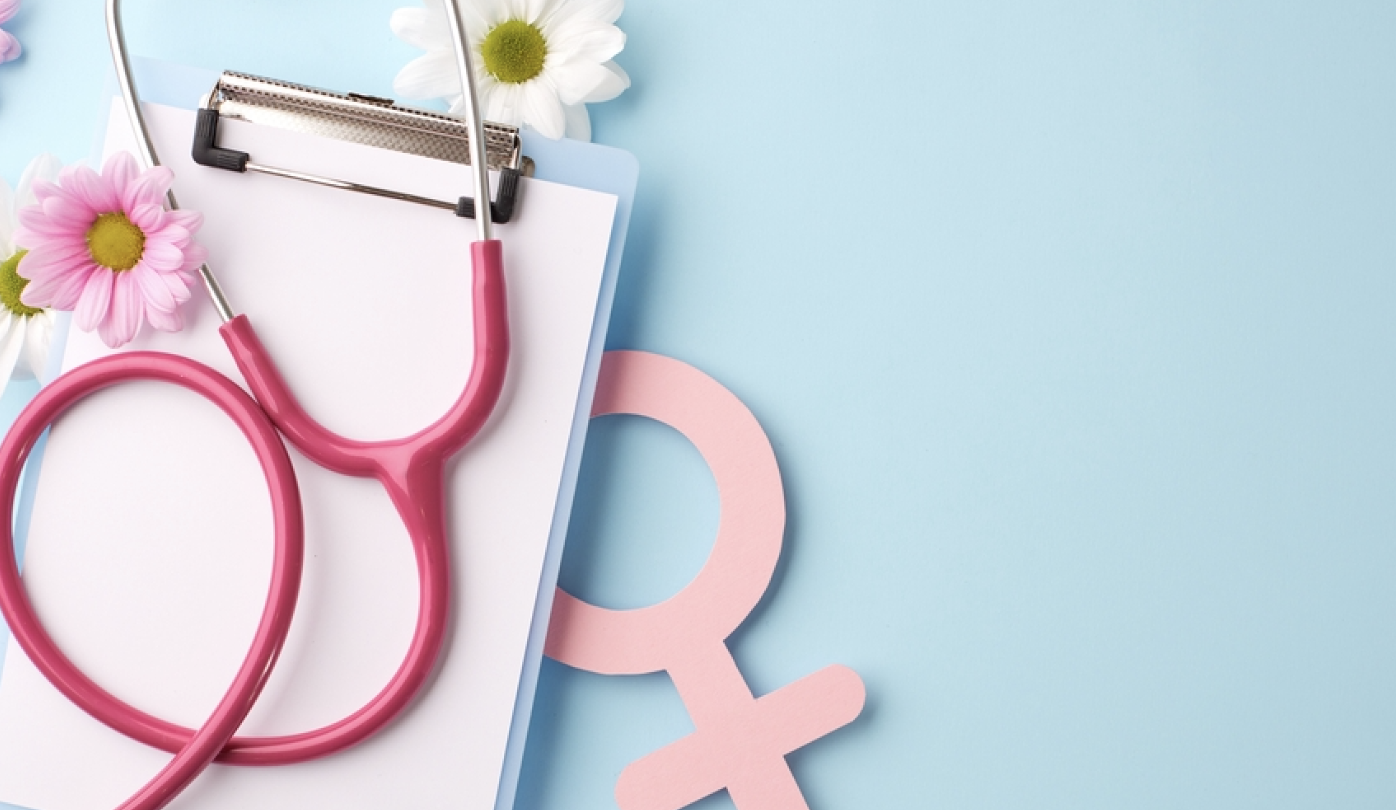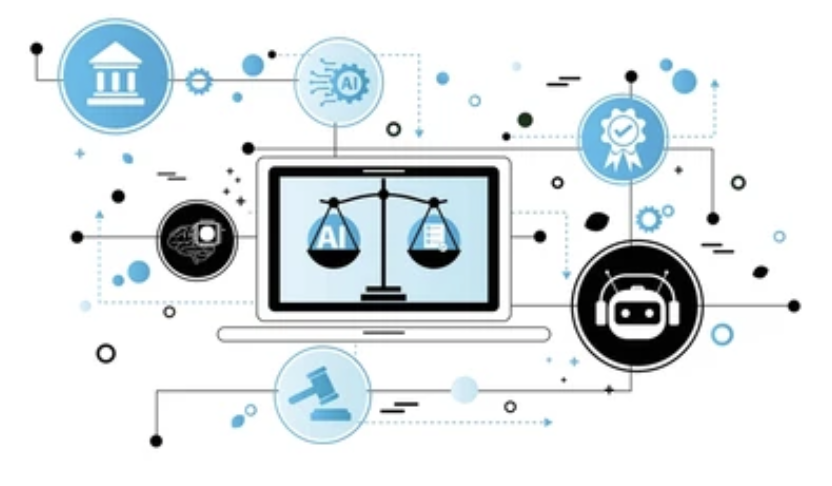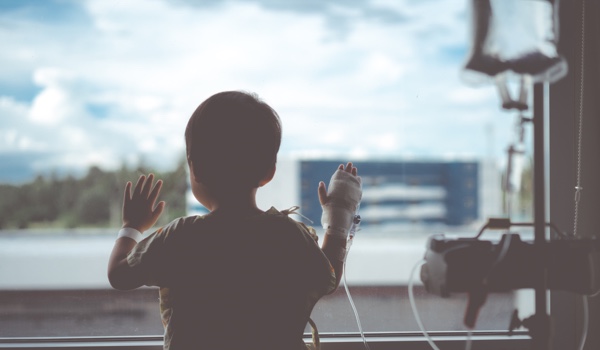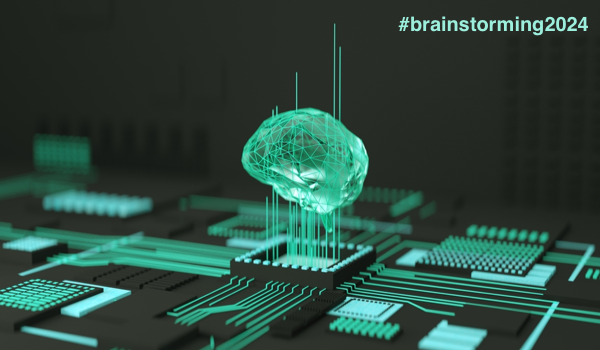


PORT HARCOURT, NIGERIA - According to the World Health Organization, mental health is “a state of well-being in which the individual realizes his or her own abilities, can cope with the normal stresses of life, work productively and fruitfully, and is able to make a contribution to his or her community.”
One person’s mental health is influenced by social, psychological, and biological factors. One study in 2017 estimated that 13 percent of the world's population suffered from mental health disorders: a total of 970 million people.1 Despite these numbers, negative stereotypes and stigma still exist around mental health issues.
Mental health cases are complicated, vary between people who may present similar symptoms and take a variety of forms. Common forms of mental health illnesses include depression, anxiety, and schizophrenia.
Artificial intelligence (AI) has revolutionized a number of industries, from transportation to education to financial technology and many, many others. AI has been instrumental in the healthcare industry and played a major role in helping researchers to better understand and predict mental illness. It is important to consider how this could help Nigerians better access mental health services.
Mental Healthcare in Nigeria
According to the Federal Ministry of Health, 20 to 30 percent of Nigerians suffer from mental illnesses and less than 10 percent of those battling with mental illness have access to mental healthcare. This forces people to turn to self-medication, self-diagnosis, and denial of their symptoms. It is little wonder Nigeria was ranked as the most depressed country in Africa in 2017.2
Nigeria’s emotional well-being, or lack of it, is deep-rooted. The nation’s first mental health legislation, the ‘Lunacy Ordi
The content herein is subject to copyright by The Yuan. All rights reserved. The content of the services is owned or licensed to The Yuan. Such content from The Yuan may be shared and reprinted but must clearly identify The Yuan as its original source. Content from a third-party copyright holder identified in the copyright notice contained in such third party’s content appearing in The Yuan must likewise be clearly labeled as such. Continue with Linkedin
Continue with Linkedin
 Continue with Google
Continue with Google

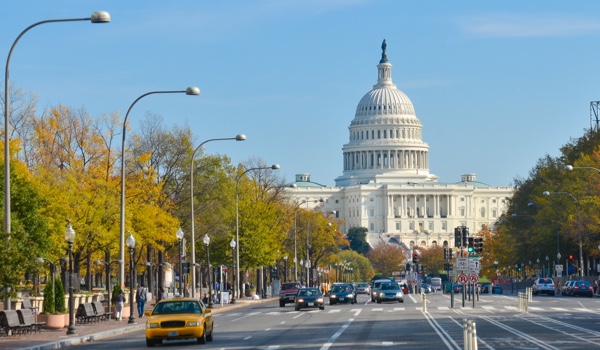







 2177 views
2177 views
